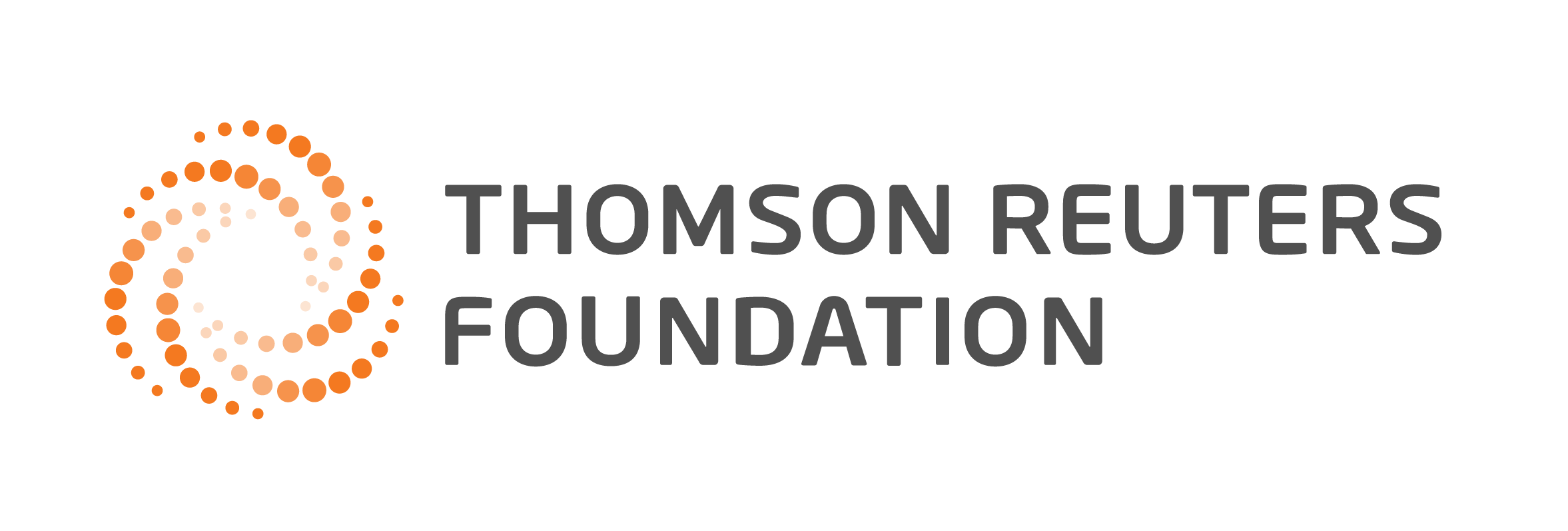So far we have assisted over 400 companies.








In this article, we will cover the advantages and challenges of invest in Czech Republic, as well as mentioning the major investment areas in the Czech Republic.
Contents
The Czech Republic has a safe investment environment for foreign investors. With its stable social and political system, Czech Republic offers well-structured business and investment opportunities. Also according to the Eurostat Foreign affiliates statistics (FATS), almost one-third of all jobs in the Czech Republic are provided by multinational corporations.
So far we have assisted over 400 companies.







It offers stable prices regarding business expenses and a transparent investment system such as well-regulated incentive programs and tax deductions. Also, it offers a great social and cultural environment and a high quality of life for foreigners. Its legislation and judiciary systems are in harmony with the European Union regulations and foreign and domestic investors are equally treated under Czech law. The Czech government does not scrutinize foreign investment projects unless they are in the banking or defense sectors.
The economy of the Czech Republic is mostly dependent on exports and foreign investment, which makes it difficult to foresee the economic environment for investors, specifically in times of crisis. Also, ageing of the population and the decrease in birth rates constitute obstacles in the long-term development of the country., WHAT IS CZECHINVEST?
Investment and Business Development Agency (Czechinvest) of the Czech Republic, was established in 1992 by the Ministry of Industry and Trade. It has an advisory and supporting role as a state contributory organization for developing domestic companies and for attracting foreign investment.
Czechinvest also promotes the Czech Republic in relations with the EU and small business enterprises on international terms. Czechinvest provides all of its services free of charge. Some of its activities are:
Foreign Direct Investment (FDI) has played a great role in the Czech Republic and FDI stock has grown significantly. Czech Republic has provided perfect conditions for FDI. The main economic activities in the Czech Republic; motor vehicle manufacturing, financial services, wholesale and retail are also the key targets of FDI. Foreign investors find these sectors profitable and they have been the main investment areas. For example, motor vehicle manufacturing represents 8% of the FDI stock and a quarter of all manufacturing investment.
Over the last decade, both the financial services industries and the motor vehicle manufacturing industries have become heavily foreign-owned. In motor vehicle manufacturing more than 90% of the enterprises are foreign-controlled. There are three major manufacturers: German Volkswagen Group, South Korean Hyundai Group, and Japanese-French joint venture Toyota-PSA.
(Statistics sources: Czech National Bank Statistics and European Commission Economic Brief-FDI in the Czech Republic)
The manufacturing industry is one of the most important industries of the Czech Republic’s economy. The industry mostly consists of high-tech engineering, machine engineering, and automotive engineering.
The service Industry has gotten attraction over the years due to globalization and following the competitive global environment in automotive industries. Almost 60% of the employees in the Czech Republic work in the service industry.
The government of the Czech Republic is prioritizing the agricultural industry to ensure food security. The industry is considered as one of the key areas of the national economy. The industry also seeks sustainable modern methods.
The Czech Republic is in a location that is strategically significant. It creates an extensive network of transport which links the country to neighboring countries and as a result, it develops trading relations with these countries. The Czech Republic has direct highways to Poland, Germany, and Slovakia.
Assets of a business or an individual are subject to property tax. Estate and inheritance taxes are due upon the death of an individual and the passing of the estate to an heir. On the other hand, real property taxes are mostly being assessed annually on the value of lands or immovable.
The corporate income tax rate in the Czech Republic is 19% and it levies a tax on corporate incomes. Corporate income taxes are considered disadvantageous for investors but countries mostly mitigate with lower corporate tax rates and generous capital allowances, as well as double taxation treaties.
The average value-added tax rate in the Czech Republic is 21% and it is the most common form of consumption tax.
Businesses in the Czech Republic expand beyond the borders, as well as the rest of the world, due to the globalized economy. As a result, countries had to come up with tax regulations that are beyond their borders.
They signed treaties to prevent double or multiple taxations of an income. The Czech Republic is one of the countries that signed many Double Taxation Treaties and a number of treaties are attracting more investors due to the appealing tax regimes.
Assets of a business or an individual are subject to property tax. Estate and inheritance taxes are due upon the death of an individual and the passing of the estate to an heir. On the other hand, real property taxes are mostly being assessed annually on the value of lands or immovable.
The corporate income tax rate in the Czech Republic is 19% and it levies a tax on corporate incomes. Corporate income taxes are considered disadvantageous for investors but countries mostly mitigate with lower corporate tax rates and generous capital allowances, as well as double taxation treaties.
The average value-added tax rate in the Czech Republic is 21% and it is the most common form of consumption tax.
Businesses in the Czech Republic expand beyond the borders, as well as the rest of the world, due to the globalized economy. As a result, countries had to come up with tax regulations that are beyond their borders.
They signed treaties to prevent double or multiple taxations of an income. The Czech Republic is one of the countries that signed many Double Taxation Treaties and a number of treaties are attracting more investors due to the appealing tax regimes.
Foreign Investors in the Czech Republic may obtain aid in the form of investment incentives. Czech and foreign legal entities and natural persons engaged in business can apply for investment incentives. Only a legal entity with its registered office in the Czech Republic can be a recipient of investment incentives.